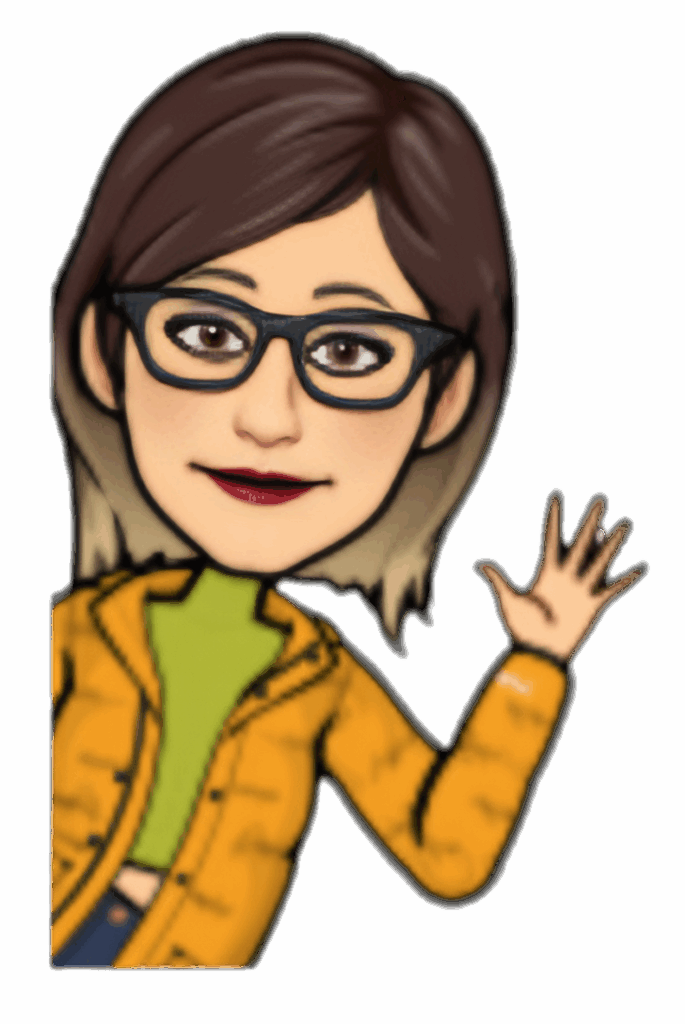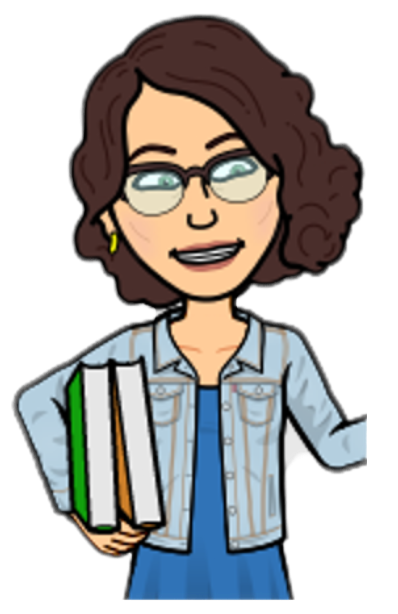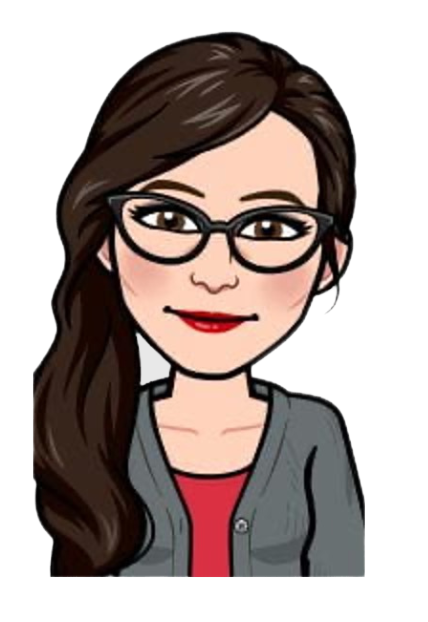Who is the JuST Lab? The Justice-Centered Ambitious Science Teaching (JuST) Lab is a collaborative including design-based researchers and teachers from multiple academic and non-profit organizations. We believe in the potential for all science learning spaces to be welcoming, critical and joy-filled! We bring multidisciplinary approaches to justice-centered science teaching and learning. We support teachers in classrooms and educators in informal learning environments to design, enact, and write about what justice looks like for themselves and their students.
Our Team

April Luehmann
April Luehmann is a faculty member in the Teaching, Curriculum and Change Department at the University of Rochester’s Warner Graduate School of Education. Centering justice in science teacher education, the Get Real! Science program she developed in 2003 engages future teachers in learning local culture as a necessary foundation designing equitable science instruction.

Adma Gama-Krummel
Adma Gama-Krummel is a PhD student at the University of Rochester whose research explores the intersection of justice-centered science education and emerging technologies, including AI and immersive media. As a member of the JuST Lab, she investigates how technology can be harnessed to support transformative teaching practices that center student identity, critical consciousness, and community engagement. Her work draws on the JuST Framework to reimagine science learning as a space for equity, action, and meaningful connection—both in physical classrooms and digital environments.

Hannah Cooke
Hannah Cooke is a doctoral candidate in Curriculum and Instruction with a focus on Science Education at the University of Connecticut. Her research interests include critical, antiracist science teaching that works to dismantle systems of oppression. She is a research assistant and project manager for the JuST Lab. Since July 2021, she has helped facilitate JuST PD, create project materials, and maintain communication between teachers and researchers. Beyond project logistics, she organized data collection and analysis for the UConn site, including organizing research conference poster sessions. Analyzing data from the JuST project, her dissertation considers the nuances of collaborative teacher learning around race and racism. Her former work as a high school science teacher and facilitator of the school’s Green Team led her to grapple with the role science educators play in advancing environmental justice. She holds a MA in Curriculum and Instruction and a BS in Biological Sciences from the University of Connecticut.

Todd Campbell
Todd Campbell is the Department Head of Curriculum and Instruction and a Professor of Science Education in the Neag School of Education. His research focuses on cultivating imaginative and equitable representations of STEM activity. This is accomplished in formal science learning environments through partnering with pre-service and in-service science teachers and leaders, like is exemplified in the JuST project, to collaboratively focus on the iterative design of formal and informal learning spaces that are equitable and just. He is the former Co-Editor in Chief of the Journal of Science Teacher Education and active in national and state-level systemic STEM improvement efforts.

Déana Scipio
Déana Scipio is the Director of Higher Education at IslandWood and affiliate faculty in the department of curriculum, teaching, and learning at the University of Washington, Seattle. A deep commitment to joy in relational practice guides her work in community, teaching, learning, and design. She thinks of joy as resistance in the tradition of Black feminist liberatory practice. She sees joy in the wonder and relationships that we can cultivate with/in lands and waters, and in the communities that sustain us. She believes in the power of relationships and focuses on dignity affirming practices that leverage prior knowledge, and engage teachers and learners in science education with sensemaking, joy, and justice at the center of the work. My model of science teacher education is firmly grounded in practices for joy and justice.

Priya Pugh
Priya Pugh is the Senior Faculty for the Teaching Practicum in the IslandWood Education for Environment and Community (EEC) graduate program, and affiliate faculty in the department of curriculum, teaching, and learning at the University of Washington, Seattle. She brings her experience as a learning scientist with a background in environmental education. She has directed, designed, and been a field instructor for environmental education and interdisciplinary learning programs in the Pacific Northwest for over a decade. Her career has focused primarily on designing equitable field-based science learning environments for youth and intergenerational learners. Her roles as an educator and researcher have gone hand in hand, with a strong commitment to forging community partnerships in the pursuit of designing meaningful and impactful learning environments.

Yang Zhang
Yang Zhang is a postdoctoral researcher at Northwestern University and a former elementary school teacher. She earned her PhD from the University of Rochester, where her research focused on equitable science education. Yang currently works on the Customize Project, investigating how curriculum customization can support teacher learning and serve as a catalyst for justice-centered science teaching.

Gena Merliss
Gena (Eugenia) Merliss is an Assistant Professor of Inclusive Adolescent Education at Nazareth University and a recent PhD graduate from the University of Rochester’s Warner School of Education. Her research explores novice teacher transformation within ambitious and justice-centered secondary science teacher preparation. Gena brings deep expertise in teacher learning, facilitation, and inclusive pedagogy to her work with the JuST Lab.

Molly (Elizabeth) Wilson
Molly Wilson is a PhD student at the University of Rochester with over 17 years of experience in informal science education. She has worked across non-profit institutions in roles ranging from curriculum development to theatrical science presentations. With a Master’s in Adolescent and Special Education, Molly specializes in creating engaging, inclusive STEM learning experiences at museums that spark curiosity and joy. Her research and practice center community-based science education and equitable teaching.